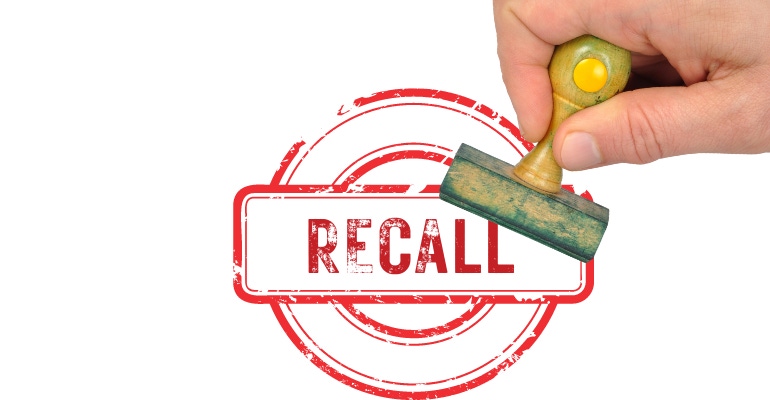A class I recall on intra-aortic balloon pumps is the latest sting for the company.
March 24, 2023

This just hasn't been Getinge's year.
The Gothenburg, Sweden-based medical device manufacturer has faced supply chain issues, sterile packing problems, and CE mark suspensions. Now, a FDA class I recall of two models of intra-aortic balloon pumps (IABPs) has poured salt into Getinge's already festering wounds.
Datascope, a subsidiary of Getinge, is recalling the Cardiosave Hybrid IABPs and Cardiosave Rescue IABPs because the coiled cable connecting the display and base on some units may fail, causing an unexpected shutdown. This shutdown will occur without warnings or alarms to alert the user. Once the error occurs, the coiled cord needs to be replaced for the device to work again. The issue may occur in units distributed before July 24, 2017, according to the recall notice.
The Cardiosave Hybrid IABP and the Cardiosave Rescue IABP are electromechanical systems used to inflate and deflate intra-aortic balloons. These systems provide temporary support to the left ventricle through counter pulsation. Once the balloon is positioned in the aorta, the pump is set to work in synchrony with the electrocardiogram or arterial pressure waveform to make the balloon inflate and deflate at the right time during the cardiac cycle. Cardiosave IABPs are indicated for acute coronary syndrome, cardiac and non-cardiac surgery, or complications of heart failure in adults. They are used in healthcare facilities.
FDA said an unexpected pump shutdown and any interruption to therapy that occurs can lead to unstable blood flow (hemodynamic instability), organ damage, and/or death, especially for people who are critically ill and most likely to receive therapy using these devices.
Between June 2019 and August 2022, Getinge has reported 44 complaints about damaged coiled cords resulting in unexpected shutdowns of the IABPs. There have been no reports of injuries or deaths related to this issue.
Getinge plagued with sterile packaging problems
Last month, Getinge received notification from Dekra, a notified body for medical devices, that its CE mark for the company's heart-lung support (HLS) and permanent life support (PLS) sets were temporarily suspended due to potential breaches in the sterile packaging, forcing Getinge to place a shipping hold on the products.
The problems date back to late 2020, when Getinge voluntarily recalled its HLS devices after discovering that “a limited number” of more than 58,000 systems distributed worldwide since October 2018 could have arrived with damage to its sterile packaging. However, in July 2022, the company expanded the recall to cover additional product codes and lot numbers of the HLS systems, growing the number to 67,000 devices.
In a field safety notice, Getinge described how an “absence of labeling” on the outer packaging of the devices could result in rough or improper handling, like the potential for the venous probe holder inside to punch holes through the packaging. The damage could occur if one of the machines was transported upside down or dropped from carrying height, causing a non-sterile environment. Use of the systems in this case could, in a worst-case scenario, expose patients to inflammation, infection, and sepsis, among other sickness.
Of note, all HLS devices manufactured after the initial recall — as of September 2021 — were shipped with more durable packaging, according to Getinge.
The company said it is working to complete additional testing requested by an unnamed regulatory body (likely Dekra). The testing will require an assessment of the devices’ sterility in worst-case conditions.
Getinge noted that results from the additional testing won’t be available until, at earliest, April.
“Getinge is aware of the severe situation this suspension puts on healthcare and critically ill patients,” the company said. “The company is in dialogue with authorities and working urgently to minimize the impact on patients. The extensive work is continuing to secure compliance with essential requirements.”
About the Author(s)
You May Also Like




